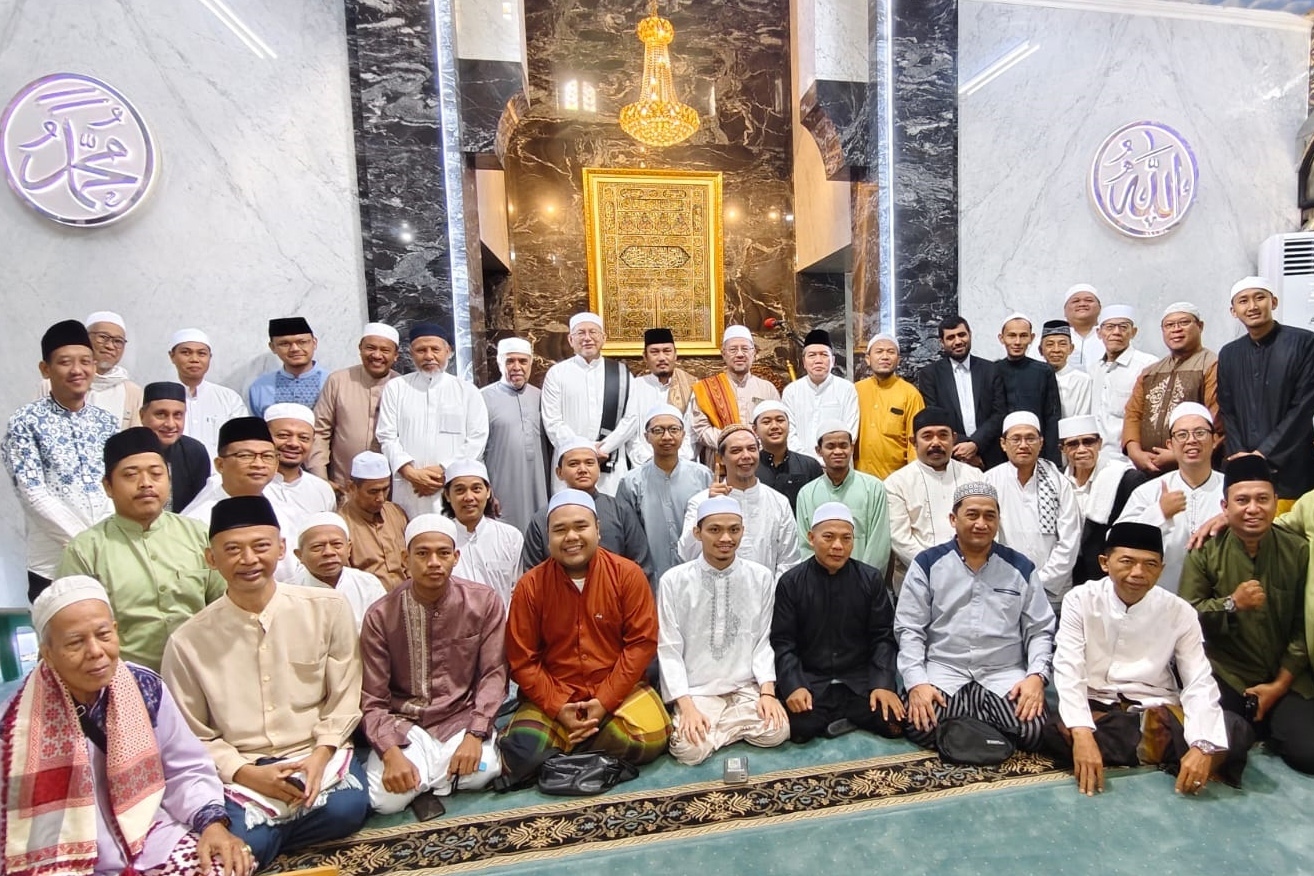Quran Meditation Program Held at Jakarta’s Al-Nur Mosque

The main focus of the two events was the recitation and interpretation of the enlightening verses of the Quran, focusing on man’s relationship with God and social responsibilities after the holy month of Ramadan.
The slogan of the programs “Read the Quran, Think, Act” inspired the speakers and attendees at the ceremony.
A group of scholars and professors addressed the ceremony, each analyzing the teachings of the Quran from a particular angle and explaining the culture of Ramadan.
The main speaker was Syed Hussain bin Hamid Al-Attas who explained the role of meditation in the Quran in promoting religious understanding and strengthening the Islamic society by taking a deep look at the Surahs of the Quran.
He also emphasized the need for the unity of the Islamic Ummah in the face of global challenges, calling for greater solidarity among Muslims based on the teachings of the Quran and the spirit of Islamic brotherhood.
The scientific management of the meeting was carried out by Fozan Ghazali, an outstanding student and cultural activist.
Mohammad Reza Ebrahimi, the Cultural Attaché of the Islamic Republic of Iran in Indonesia, spoke about the Quranic, social and spiritual traditions of the holy month of Ramadan in Iran.
He also referred to the Halal-to-Halal culture in Southeast Asian societies, seeing this tradition as very close to the tradition of visiting relatives and friends during Nowruz holidays in Iran, and described it as a prominent means of maintaining social solidarity and strengthening the spirit of forgiveness and mercy among Muslims.
Read More:
He said the Halal- to-Halal tradition in Indonesia, especially after the end of the holy month of Ramadan and in the early days of Eid al-Fitr, is an ancient and cultural tradition during which people seek forgiveness from each other, put aside quarrels, and strengthen their social ties by attending monasteries or public ceremonies.
“This tradition, which is a symbol of solidarity and social peace, is rooted in the Islamic culture of the Indonesian people and at the same time the atmosphere is similar to the Iranian New Year,” he stated.
Ebrahimi highlighted the various aspects of Ramadan culture in Iran, including the holding of simple iftar events with the participation of all, special attention to the poor and needy, the holding of Quran recitation sessions in mosques and homes, and memorization of the Quran as part of the culture of the families.
4276696



